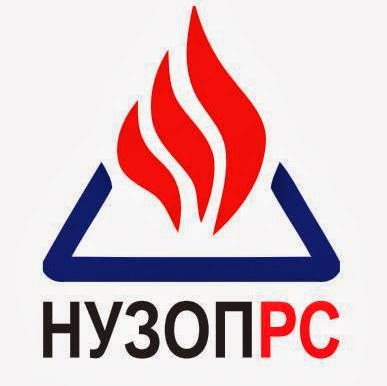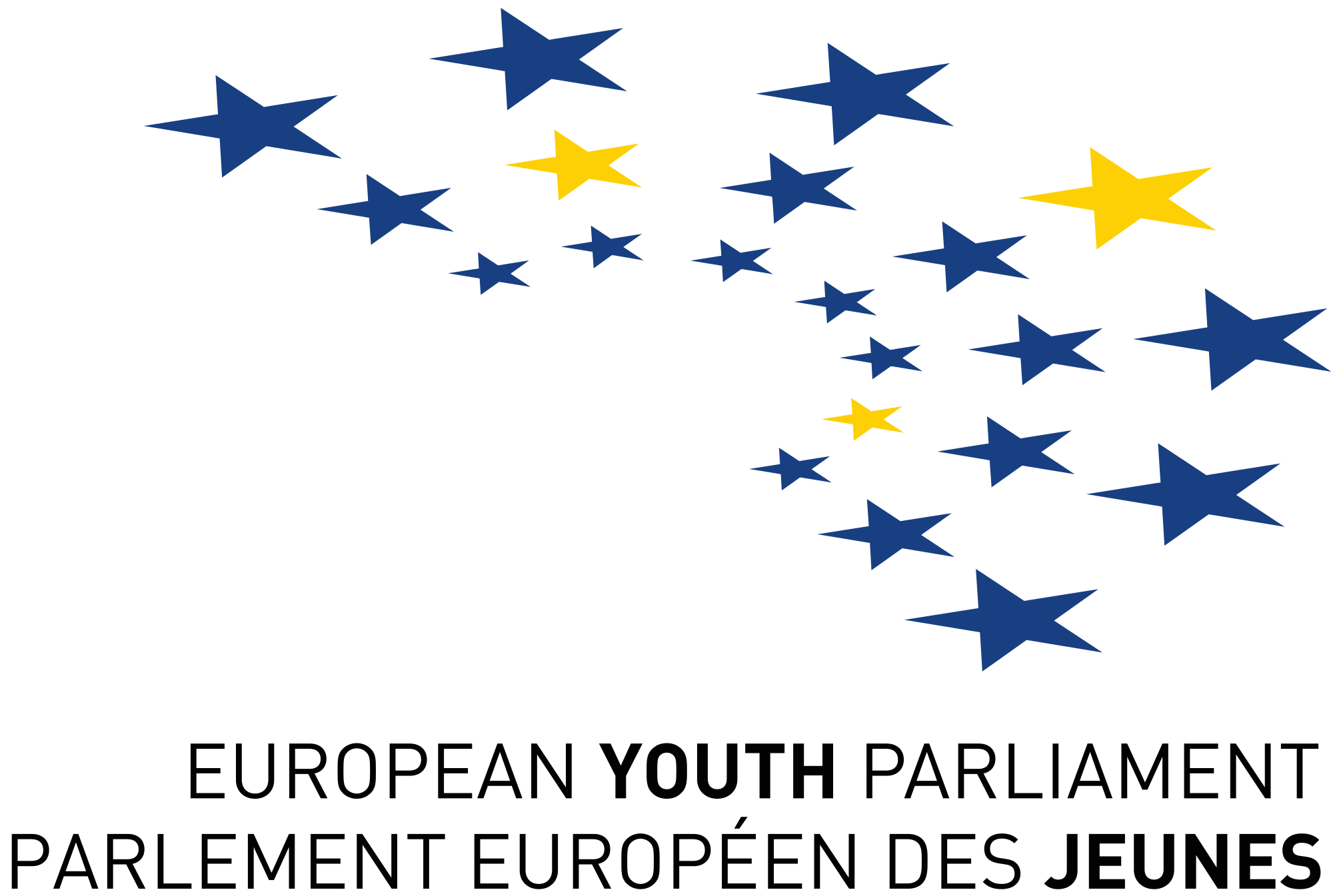Higher Education Technical School of Professional Studies in Novi Sad (P2)
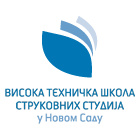
Higher Education Technical School of Professional Studies in Novi Sad - VTSNS (www.vtsns.edu.rs) was founded by the state in 1959. Today it is a modern HE vocational institution, with 92 employees, 55 teaching staff. The School ranks among the largest vocational HE in Serbia, offerring 13 Bachelor and 7 vocational Specialist programes in the areas of tehnical sciences, safety engeineering and applied art&design. Since 2010 Fire Protection and IT studies have been accredited as distance learning programs. The intake is around 1,420 undergraduate and 120 specialist postgraduate students per annum.

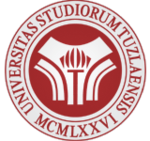
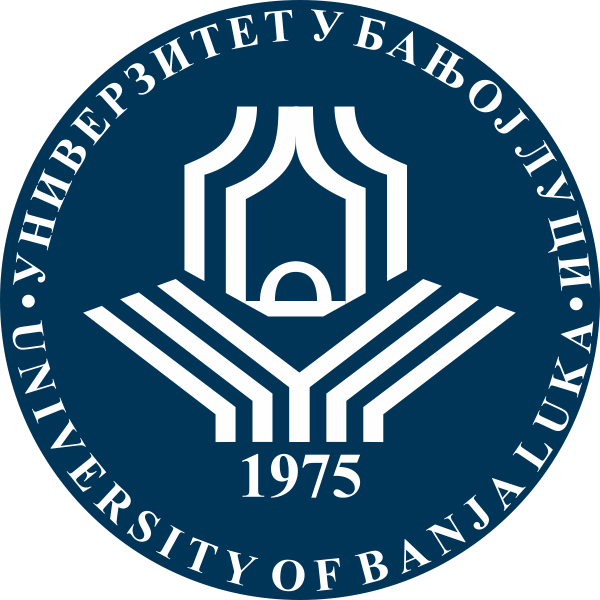 The University of Banja Luka - UBL (
The University of Banja Luka - UBL (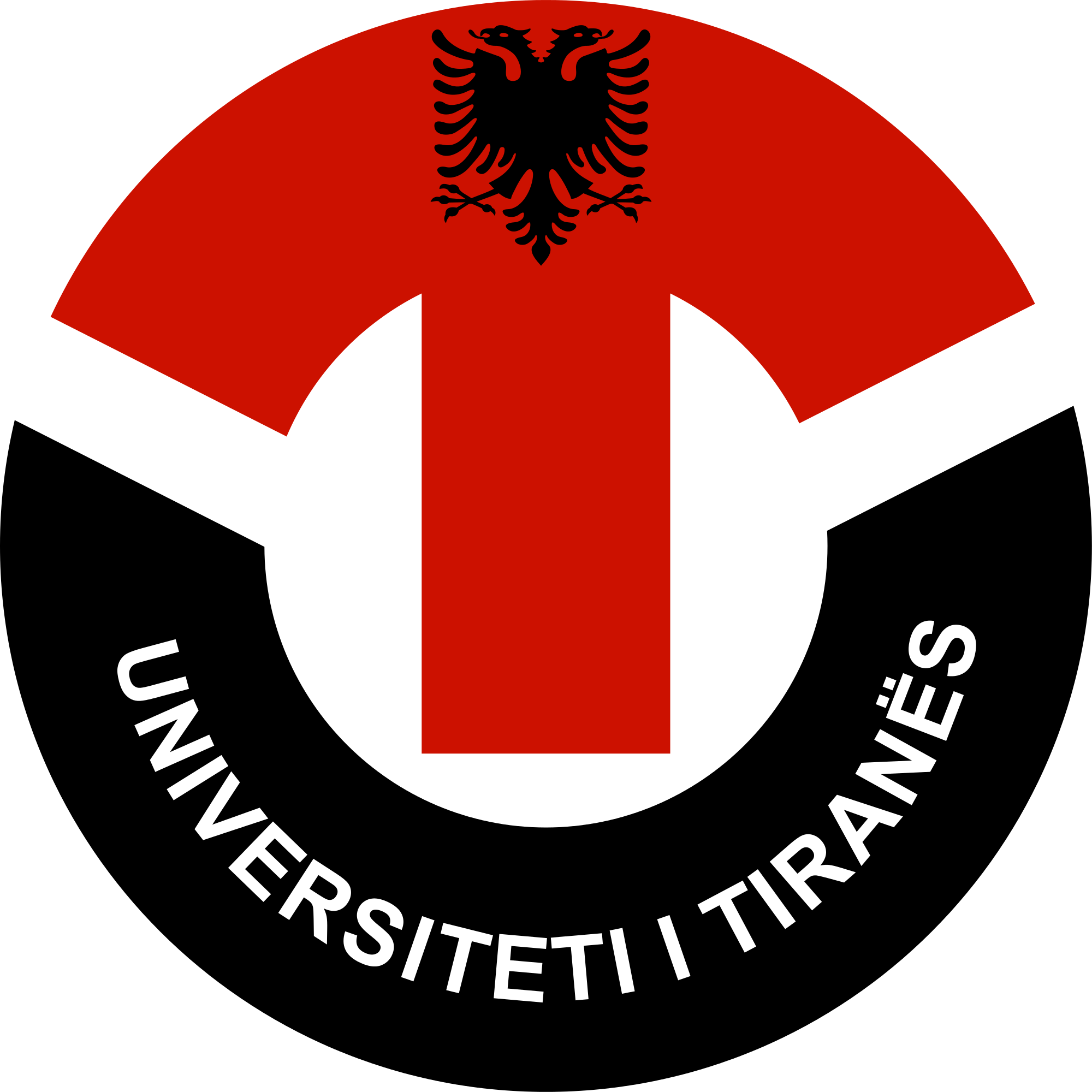
 Epoka University (
Epoka University (